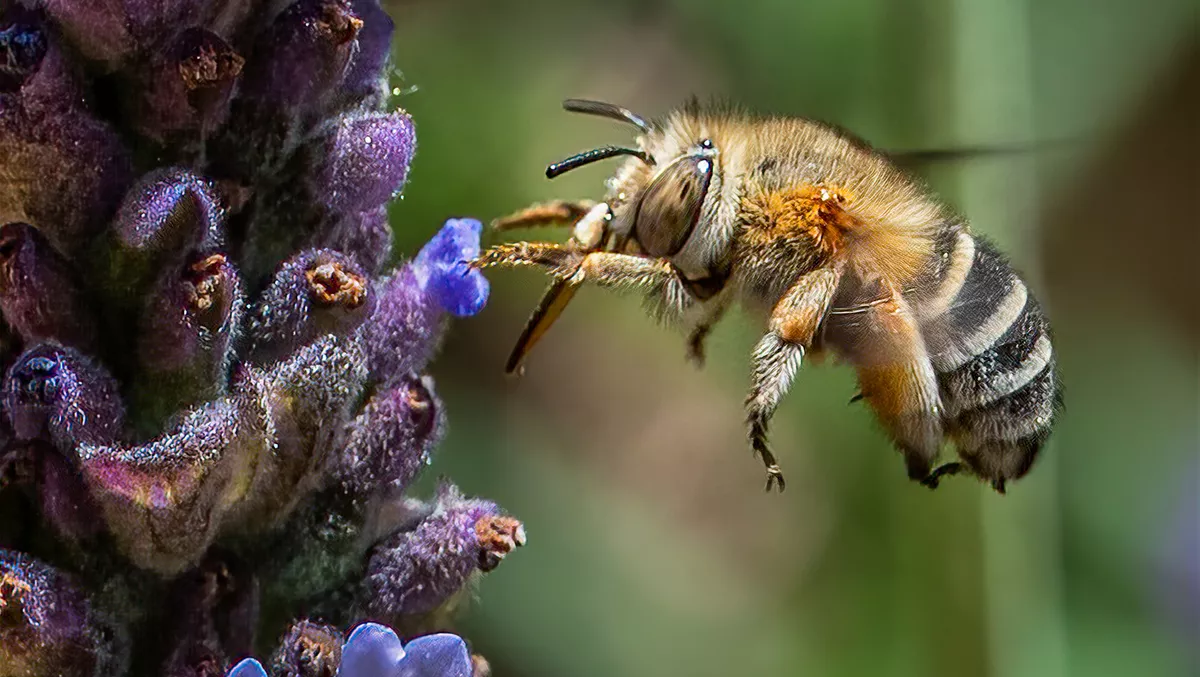
Ebee: Clean, green beehive hardware
There's a dirty secret in the beekeeping industry. Standard wood-and-wax hive frames don't work for mānuka honey because they aren't strong enough to handle the honey's thixotropic nature, so commercial apiarists use plastic frames instead. Plastic frames come in one piece, whereas wooden hardware requires assembly, which is time consuming, especially for large operations. One small problem though – if your hives are affected by American Foulbrood (AFB) – that's about 1,800 hives every year in New Zealand – you have no choice but to dig a hole and burn your hives along with all the infected bees. Oh dear, burning plastic is not only dirty, noxious, and carbon-rich, it's carcinogenic – that's not very consistent with NZ's clean, green brand.
Ebee makes frames out of ecologically sustainable compressed plant fibre using a trade secret material mix. It's food grade, toxin free, moulded in a single piece, biodegrades just like wood, and burns cleanly. And it's available for about the same price as its evil plastic counterpart. Ebee frames also have the advantage over plastic of better thermal stability – they don't get as hot in the summer or cold in the winter, and retain their shape better.
Ebee's market isn't limited to mānuka though, as other honeys display similar thixotropic properties, such as other members of the Leptospermum family and heather. Worldwide, there is a significant requirement for these strong frames, and at the right price point, general apiarists would prefer these frames over wood or plastic for general use.
This company began life at Massey University Wellington's Spring programme, which supports entrepreneurial design students to commercialise their ideas. Founder and designer Jess Rolinson-Purchase, a passionate beekeeper, was concerned about the inherent contradiction of producing a green product using dirty means. She was joined by business development specialist Rob Smith and Spring Programme Manager Olly Townend as cofounders.
The trio were selected for entry into the Lightning Lab Manufacturing accelerator, currently running in Lower Hutt, and have been using the time in the lab to perfect their prototype and start to close commercial deals with customers. They have significant interest from some of NZ's largest commercial beekeepers, and are raising money on Demo Day close their first deals domestically and begin international market exploration.
Lightning Lab Manufacturing Demo Day is on 19 November. If you don't have a ticket, it's easy to register, and you can come and see Ebee and six other nascent startups who make actual things for the real economy strut their stuff.

